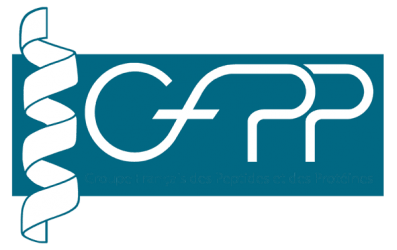The pleurocidin-like antimicrobial peptide NRC-07 was encapsulated in chitosan nanoparticles (CS-NP) by ionotropic gelation and examined for its toxicity against cancer cell lines and antibacterial activities. Encapsulation of NRC-07 into CS-NPs enhanced the antibacterial and selective cytotoxicity of the peptide, possibly enhancing anticancer activities.
Antimicrobial peptides (AMPs) are promising alternatives to conventional antibiotics and chemotherapy in the treatment of multidrug-resistant pathogens and drug-resistant cancers. Clinical application of AMPs is limited due to low stability and inefficient transport. Encapsulation in nanocarriers may improve their therapeutic potential. Chitosan nanoparticles (CS-NPs) are efficient carriers for proteins and peptides, improving the treatment of microbial infections and targeted drug delivery. We examined toxicity against cancer cell lines and antibacterial activities of the pleurocidin-like AMP NRC-07 upon encapsulation in CS-NPs by ionotropic gelation. The biological activities of various formulations of free and encapsulated NRC-07 and free nanoparticles were evaluated against Pseudomonas aeruginosa and breast cancer cells, using assays for cell viability and lactate dehydrogenase cytolysis with non-cancer cell lines as controls. NRC-07-containing nanoparticles decreased the bacterial and cancer cell viability in a concentration-dependent manner. Activities of encapsulated peptide were >2-fold higher than those of free NRC-07 peptide. Unloaded CS-NPs and free peptide were not cytotoxic against control cells. Encapsulation of NRC-07 into CS-NPs enhanced the antibacterial and selective cytotoxicity of the peptide, possibly enhancing anticancer activities. Encapsulation presents a promising tool for the development of efficient drug delivery systems.


